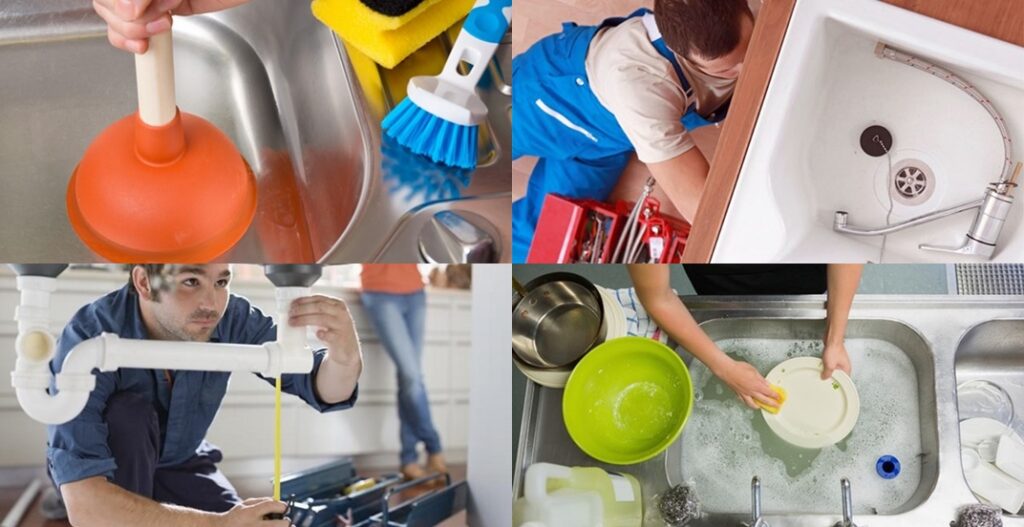Regular drain maintenance is crucial in preventing blockages in the kitchen. A blocked drain can cause a range of problems, from unpleasant odors to water damage and costly repairs. By taking a few simple steps to maintain your drains, you can prevent blockages and keep your plumbing system running smoothly.
The kitchen sink is one of the most common places for drain blockages to occur. Food scraps, grease, and soap scum can all build up in the pipes over time, eventually causing a blockage. To prevent this from happening, it’s important to be mindful of what you put down the sink.
One of the most effective ways to prevent kitchen drain blockages is by using a sink strainer. A sink strainer is a small device that fits over the drain and catches food scraps and other debris before they can enter the pipes. Simply empty the strainer into the trash or compost bin after each use to prevent the build-up of debris in the pipes.
In addition to using a sink strainer, it’s important to avoid putting certain items down the sink. Grease and cooking oils, for example, should never be poured down the sink. These substances can solidify in the pipes, causing blockages and potentially costly repairs. Instead, let grease and oil cool and solidify in a container before disposing of them in the trash.
Another common cause of clogged kitchen blockages is soap scum. While it may seem harmless, soap scum can accumulate in the pipes over time and cause a blockage. To prevent this from happening, it’s important to run hot water down the sink after each use. This will help to flush away any soap residue and keep the pipes clean.
Regular cleaning and maintenance are also important in preventing kitchen drain blockages. At least once a month, pour a mixture of baking soda and vinegar down the sink. This will help to break down any build-up in the pipes and keep them clean. Alternatively, you can use a commercial drain cleaner, but be sure to follow the instructions carefully and use caution as these products can be corrosive.
Finally, it’s important to be mindful of any signs of a blocked drain. If you notice that water is draining slowly or there is a foul smell coming from the sink, it’s likely that there is a blockage. Ignoring these signs can lead to a more serious blockage and potentially costly repairs.
In conclusion, regular drain maintenance is crucial in preventing blockages in the kitchen. By using a sink strainer, avoiding putting certain items down the sink, running hot water after each use, and regularly cleaning the pipes, you can keep your plumbing system running smoothly and prevent costly repairs. Remember to be mindful of any signs of a blocked drain and take action as soon as possible to prevent the problem from getting worse. With a little bit of effort, you can keep your kitchen drain clear and avoid the headaches that come with a blocked drain.

